Tag: Voter rights
-
Wisconsin voters to decide on adding voter photo ID requirement to state constitution on April 1

Wisconsin voters will decide on a constitutional amendment on April 1 to require photo identification to vote. A photo ID is already required by state law. The state legislature took the final vote on Jan. 14 to send the amendment to voters. Currently, 35 states require voters to present identification in order to vote at…
-
Voter identification initiative certified in Nevada for November ballot
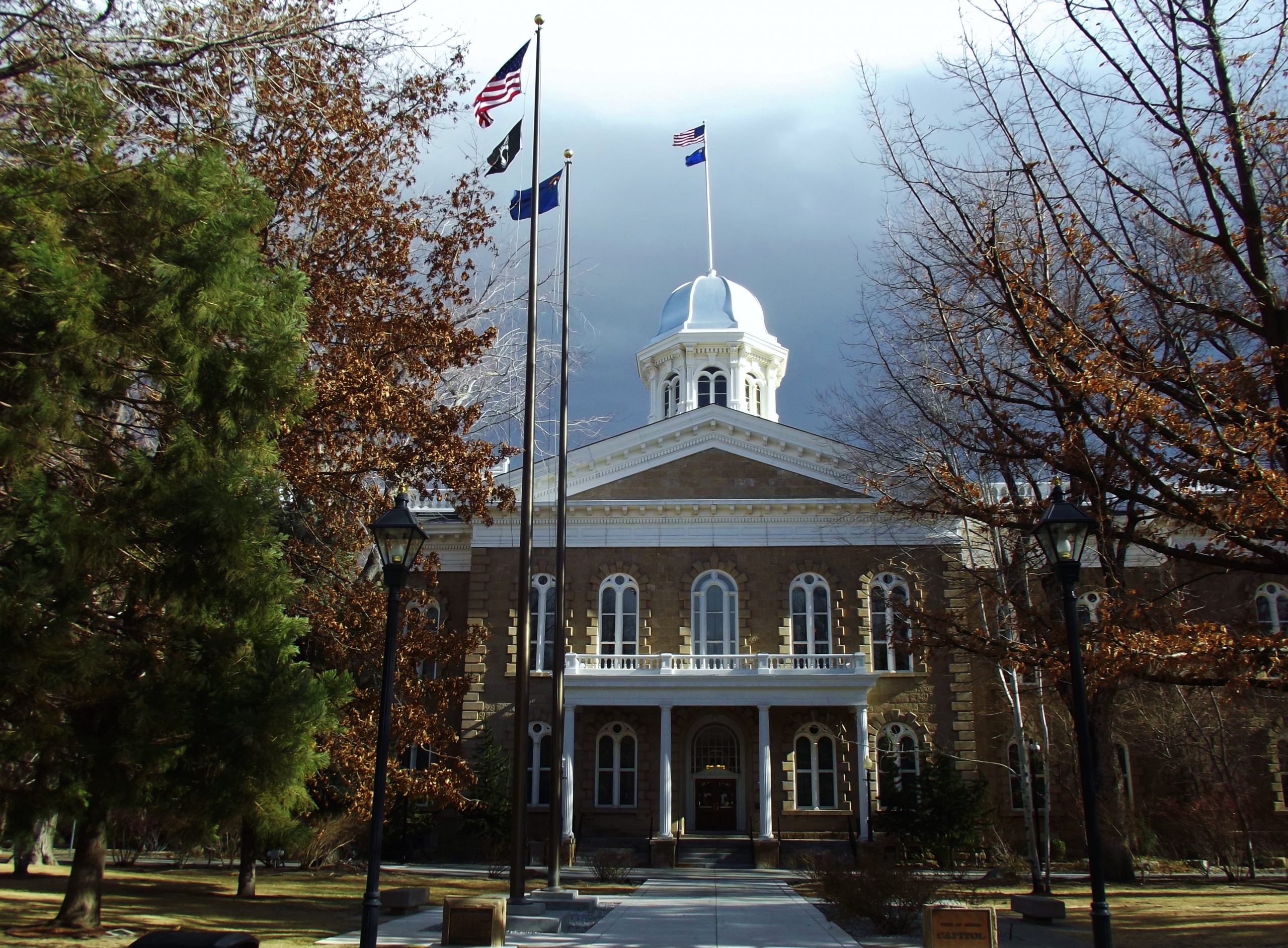
A Nevada initiative that would require photo identification to vote was certified for the Nov. 5, 2024 ballot. On July 19, county officials announced that 131,590 signatures were verified out of the 179,000 signatures submitted. In order for the constitutional amendment to qualify for the ballot, 102,362 valid signatures were required. The initiative would require…
-
Republican states adopt more voter list maintenance bills than states with Democratic trifectas and divided governments

Fourteen states adopted new laws related to maintaining accurate voter registration rolls in the first half of 2024. Ten of these bills came from states with Republican trifectas, two from states with Democratic trifectas, and two from states with divided governments. New laws in five states expand data-sharing procedures or create new requirements for reviewing…
-
Republican legislators supported amendments to require citizenship to vote in state and local elections, Democratic support varied by state
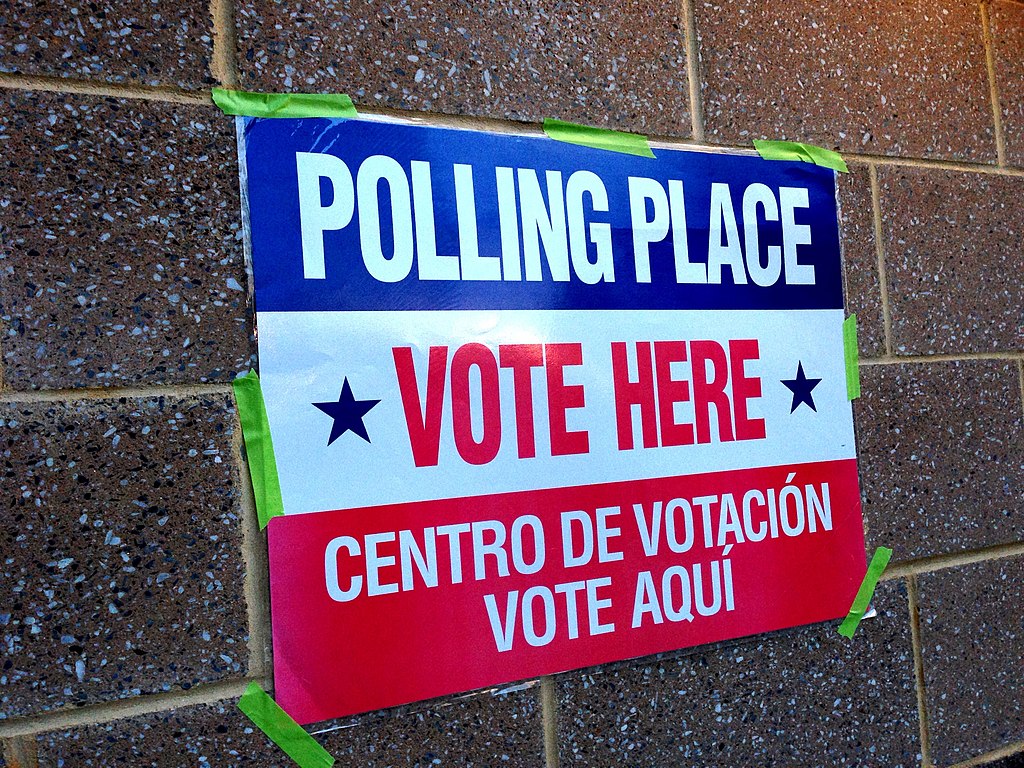
Since 2018, ballot measures to amend state constitutions to prohibit noncitizens from voting have appeared in six states. In Nov. 2024, voters in eight more states will decide on ballot measures to prohibit non-citizen voting: North Carolina, Idaho, Iowa, Kentucky, Missouri, Oklahoma, South Carolina, and Wisconsin. The ballot measures are designed to amend the states’…
-
RNC and Wisconsin GOP seek to intervene in absentee voting lawsuit
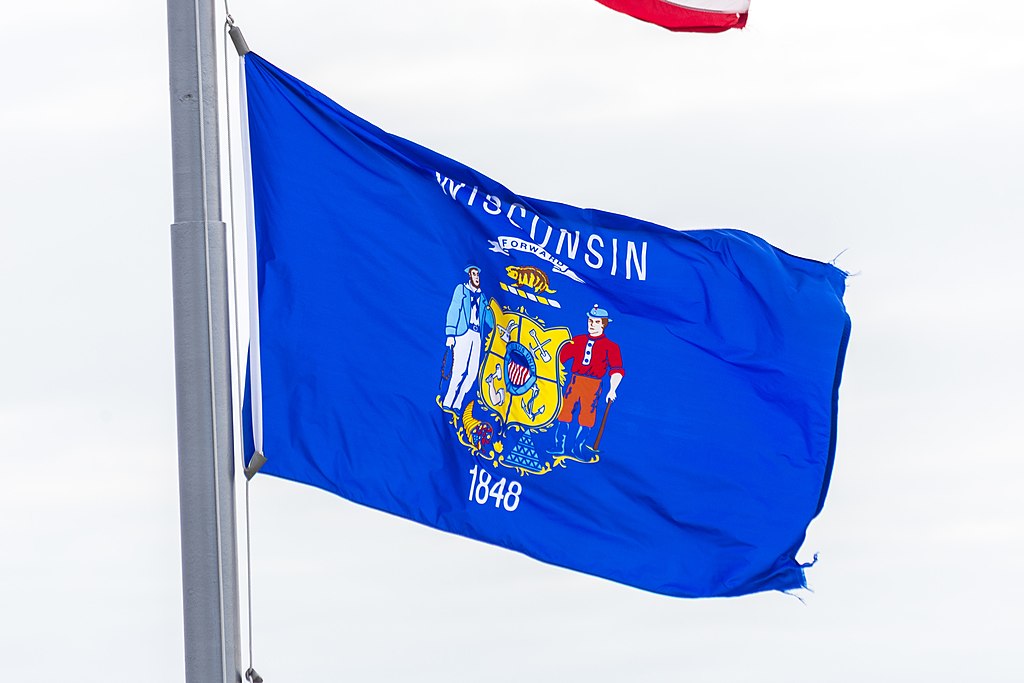
On Aug. 8, the Republican National Committee, the Republican Party of Wisconsin, and GOP chapters in Rock and Walworth counties filed a motion to intervene in a lawsuit challenging Wisconsin’s absentee voting laws. The Elias Law Group, which describes itself as a “mission-driven firm committed to helping Democrats win, citizens vote, and progressives make change,”…
-
Florida Rights Restoration Coalition files a federal lawsuit concerning the state’s implementation of a 2018 amendment to restore voting rights to people with prior felony convictions
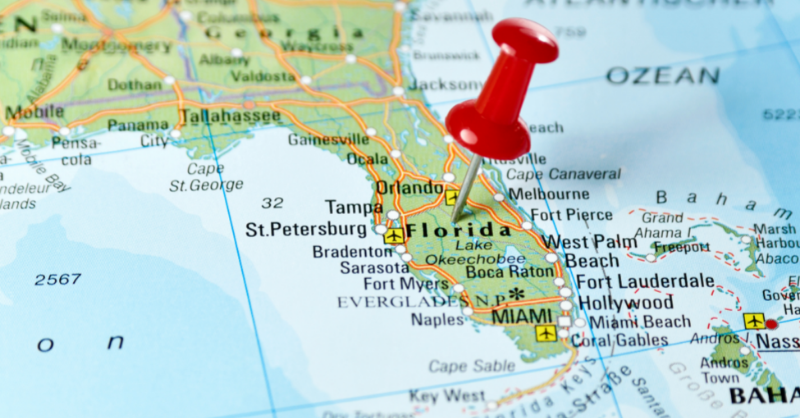
The Florida Rights Restoration Coalition (FRRC), which sponsored the voter-approved Amendment 4 in 2018, filed litigation in federal court on July 19, 2023, alleging that the state’s implementation of the amendment is preventing eligible voters from voting and intimidating voters. FRRC stated that the state’s implementation is unconstitutional and illegal under the Voting Rights Act.…
-
Enacted ballot collection bills make mostly small changes, several states considering new restriction and penalties

Ten states are considering legislation related to ballot collection, or ballot harvesting, while three states have enacted legislation on the topic so far in 2023. In 2022, seven states enacted bills while 15 others considered legislation. The number of bills and states considering ballot collection measures is smaller in 2023 than last year. Most legislation…
-
North Dakota House passes veto override on ranked-choice voting prohibition
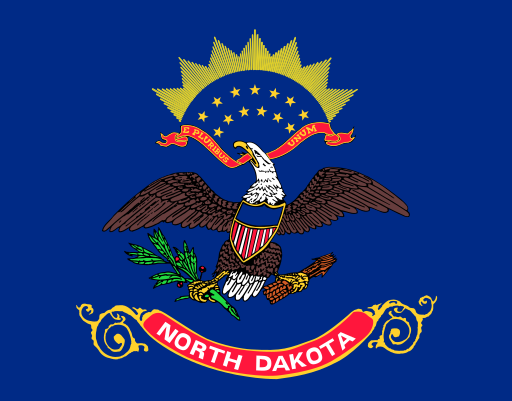
The North Dakota House of Representatives voted on April 10, 2023, to override Gov. Doug Burgum’s (R) veto of HB1273. The bill would ban the use of ranked-choice and approval voting methods in the state. Ranked-choice voting is an electoral system in which voters rank candidates by preference on their ballots. Approval voting allows voters to…
-
New Mexico enacts bill on felon voting rights, automatic voter registration

New Mexico Gov. Michelle Lujan Grisham (D) signed HB4 into law on March 30, 2023. Proponents of the law referred to it as the New Mexico Voting Rights Act. The bill makes automatic voter registration, which was previously only available through the Department of Motor Vehicles, available at other state or local public offices designated…
-
Availability of voter files by state

Voter files are digital databases of information about registered voters that the federal government requires each state to maintain. States can legally sell voter file information to individuals or groups, and each state has developed its own guidelines regarding these sales. Prices range from $0 to $37,000. Additionally, the data included for sale and the…

